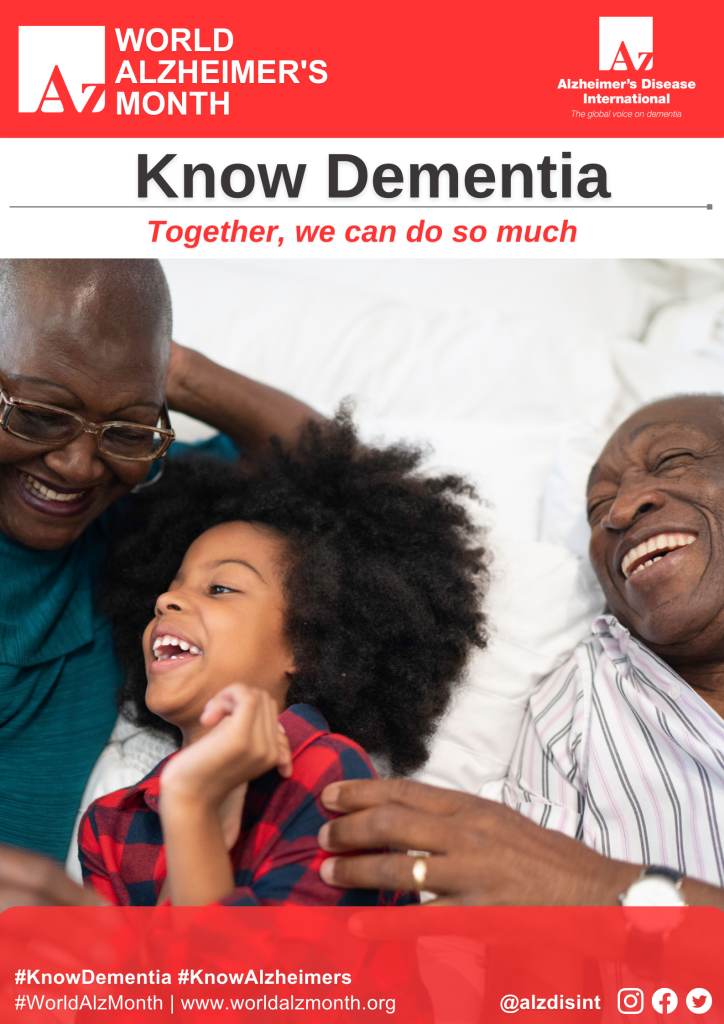An estimated 50 million people around the world currently live with Alzheimer's disease or other dementias, dementia being a collective term for progressive syndromes that affect various expressions of cognitive function, such as memory and emotional expression. Alzheimer’s disease accounts for the majority of cases (50 to 70%, varying by country, based on Alzheimer’s Disease International and World Health Organization figures).
Diagnosis and Treatment of Traumatic Brain Injury, 2022, Pages 27-38
This study developed an Older Persons' Index of Multiple Deprivation (OPIMD) specifically for New Zealanders aged 65 and over by combining 22 indicators across six deprivation domains to create an individual-level measure. Validated using smoking data and mapped geographically, the OPIMD offers a tailored tool to better inform resource allocation and policy decisions for the older population, with further research needed to explore its links to health and social outcomes.
Plant Extracts in Neurodegenerative Diseases, 2022, Pages 1-15


